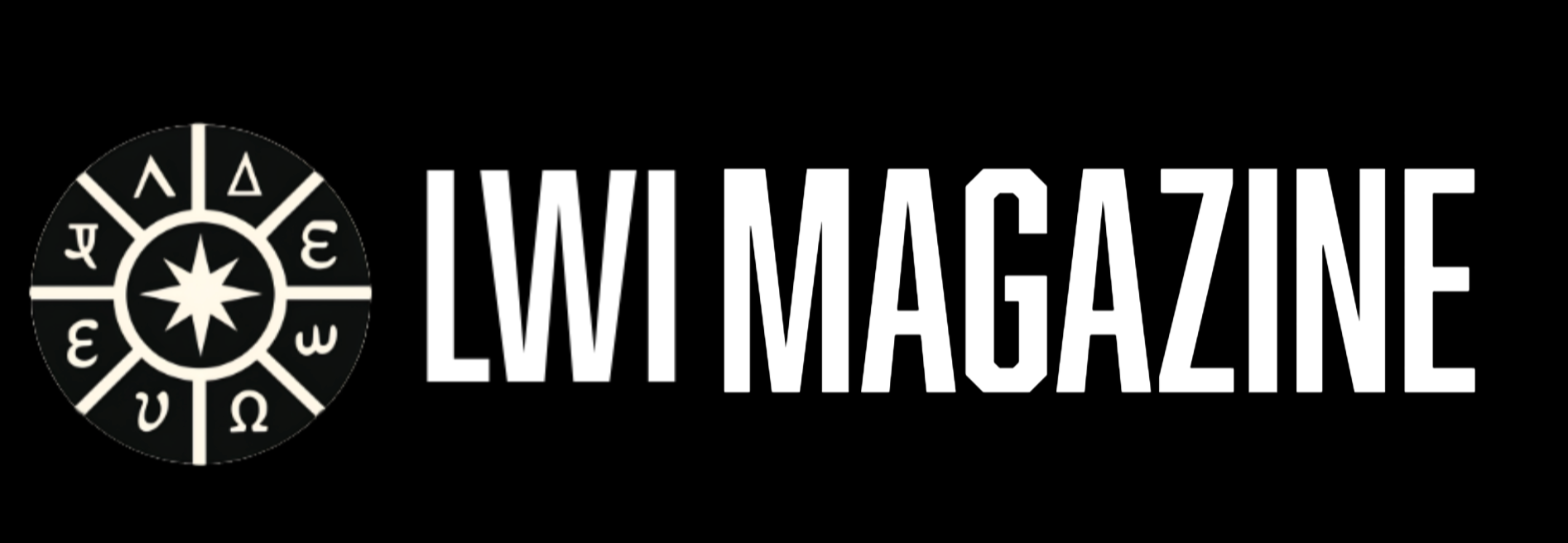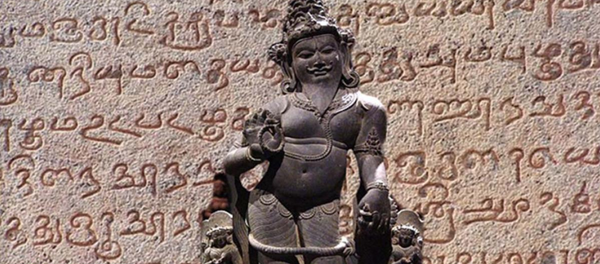Language: The Heartbeat of Cultures & the World

For centuries, language has been the primary means of communication, used to convey everything from messages and feelings to rebellion and social commentary. It’s the heartbeat of culture and the architecture of thought. It carries centuries of emotion, memory, and perspective. It employs metaphors that shape thoughts and adapt to every modern change. This is where the power of language lies: its flexibility and expressiveness.
It is often said that we think in the language we speak. As poetic as this sounds, it is also deeply psychological. Our descriptions of the world around us shape our thinking; whether those thoughts are deep, shallow, positive, negative, or analytical. Communities with languages fond of storytelling, for instance, tend to contemplate the deeper aspects of culture and society, questioning the origins of certain phenomena and developing answers through narratives.
When a community writes, it immortalizes its thoughts. Stronger language and word choice often leads to deeper perspectives, unlocking ideas that only certain words can adequately capture. Writing is said to be a weapon, a saying that has been proven in many cases throughout history. Allama Iqbal, the poet from the Indian subcontinent, used his writing to unite Muslims. Faiz Ahmed Faiz used his literature of love to rebel against the British. African, Asian, and Latin American writers have long used literature to preserve their culture in the face of colonization. A famous quote from Faiz Ahmed Faiz, a voice against dictatorship, reads: Bol, ke lab azad hain tere (Speak, for your lips are free). This statement was rebellion disguised as poetry. Similarly, George Orwell’s Animal Farm wasn’t a simple tale about animals on farms, it was a direct critique of political hypocrisy and tyranny.
The strength in defiance through language is that oppressors miss the meaning and dwell on the beauty of the words. Language is mischievous; words can be twisted into the reader’s ideal meaning. Many South Asian poets talked about desires for their lovers, but were they truly talking about lovers at all? Or was their lover the freedom they dreamed of, and their desire was really freedom?
Beyond being a tool for revolution, language provides cultures with an individual literary identity. While Urdu poetry thrives on ishq (the last stage of love), sorrow, and selfhood, English literature thrives on individualism, colonial expansion, and rational thought. In multilingual societies like Pakistan, India, or Nigeria, literature is twisted with words traveling beyond families and ethnic groups. The perspectives are blended beautifully, and understanding of different cultures is encouraged. It is said that the more languages a person can understand and speak, the more emotional and mental intellect they hold.
Finally, language shapes cultural mindset through its unique grammatical systems. In Japanese, politeness is embedded in sentence structure, allowing the speaker to convey values and respect. In Urdu or Hindi, there is no concept of pronouns. These languages determine the gender based on certain vowel sounds in the verb.
Language is more than just communication—it shapes the way societies view themselves. Whether in poetry and literature or a speech of rebellion, words can both reveal the speaker’s true thoughts and perspective and bring monumental change to culture and society.




